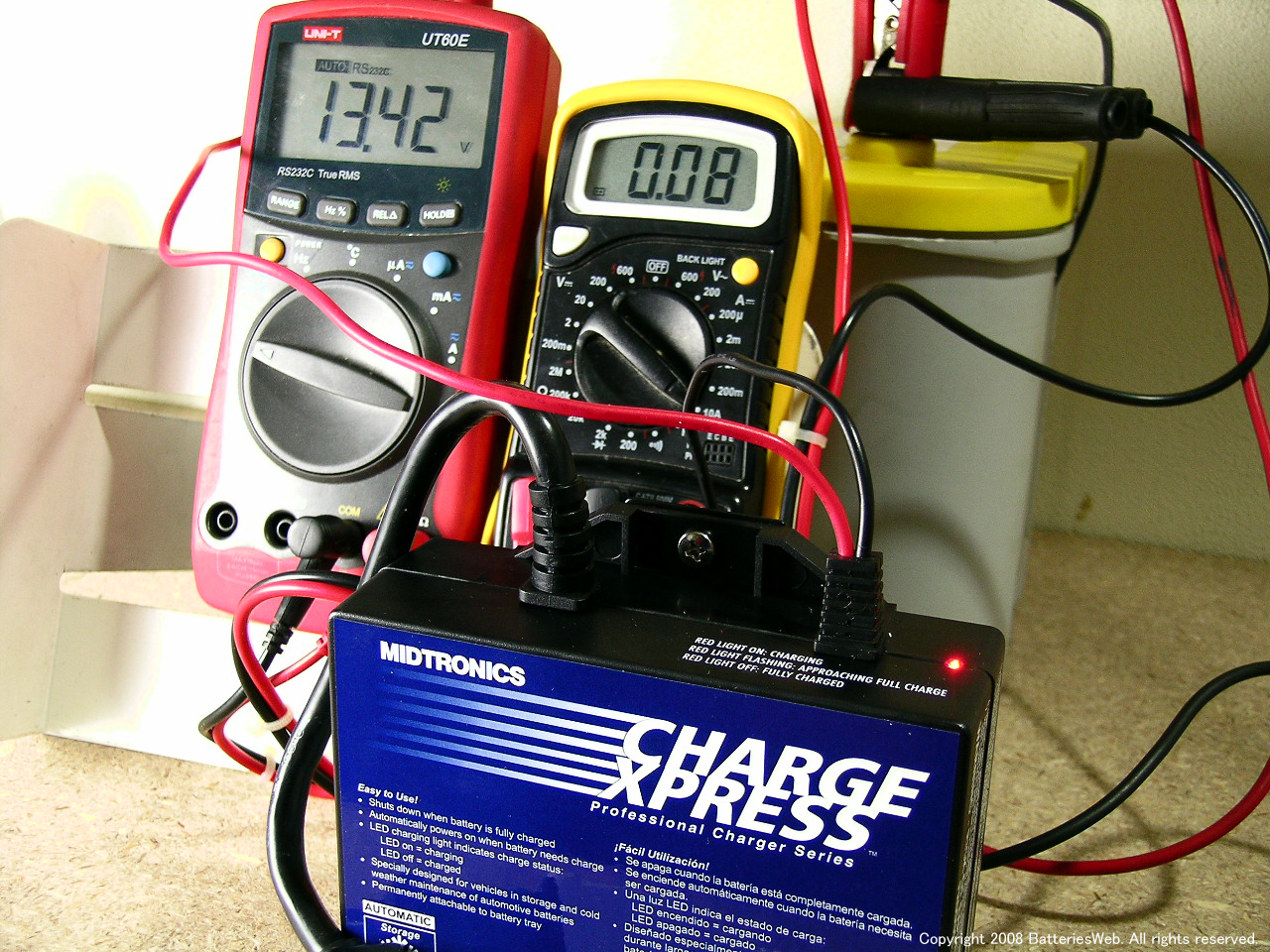Introduction
Have you ever experienced your car battery dying unexpectedly? It’s frustrating when your car won’t start just when you need it most! The good news is that with regular maintenance, you can avoid these annoying situations and extend the life of your battery. In this article, we’ll walk you through how to maintain your car battery, when to replace it, and some tips to keep it running smoothly for as long as possible.
1. How Long Does a Car Battery Last?
When Should You Replace Your Battery?
On average, a car battery lasts about 2-3 years, but this can vary depending on your driving habits and the climate. For example, if you often take short trips or live in a cold area, your battery may wear out more quickly.
Pay attention to the signs of a weakening battery—slow engine starts or a battery warning light—and consider having your battery tested regularly to determine if it’s time for a replacement.
2. Tips to Make Your Car Battery Last Longer
1. Clean the Battery Terminals
Over time, dirt and corrosion can build up on your battery’s terminals, reducing the flow of electricity. Clean the terminals monthly with a battery cleaning solution or a mixture of baking soda and water to prevent this buildup and extend your battery’s life.
2. Regularly Charge Your Battery
If you frequently drive short distances or start and stop the engine often, your battery might not get fully charged. Take your car for a 20-30 minute drive at least once a week to keep the battery charged. Alternatively, you can use a portable battery charger at home to top it off when necessary.
3. Be Mindful of Idle-Stop Systems
Many modern cars come with an idle-stop feature that turns off the engine when the car is stopped to save fuel. However, frequent use of this system can put extra strain on your battery. In urban areas where you stop often, consider turning off the idle-stop feature to give your battery a break.
4. Don’t Skip Regular Battery Checkups
While you can easily maintain your battery on your own, it’s a good idea to have it professionally tested during routine maintenance. Your mechanic can check the voltage and overall health of your battery to ensure it’s still in good condition.
3. Watch Out for Seasonal Changes: Battery Problems in Winter
How Cold Weather Affects Your Battery
Winter is a tough season for car batteries. Cold temperatures reduce the battery’s capacity to hold a charge, and starting your engine requires more power in the cold. As a result, many people find their car won’t start on chilly mornings.
To avoid this, make sure to check your battery’s condition before winter sets in. If your battery is more than a few years old, it might be time to replace it before the colder months arrive.
4. Signs You Need to Replace Your Battery
When Is It Time for a New Battery?
If your car’s battery is nearing the end of its life, you’ll notice some telltale signs. Look out for these indicators:
- Your car engine cranks slowly or takes longer to start.
- Your headlights or interior lights are dim.
- Electronic devices like your radio or GPS don’t work as smoothly as they should.
When you notice any of these symptoms, it’s time to consider a battery replacement. To be prepared for unexpected failures, you may also want to keep a portable jump starter in your car just in case.
Conclusion
To extend the life of your car battery, regular maintenance is key. Simple tasks like cleaning the battery terminals and making sure the battery stays charged can help ensure that your battery lasts longer. Don’t forget that seasonal changes, especially cold weather, can impact your battery’s performance, so regular checkups are a must. And if you notice any signs of a weakening battery, take action before it leaves you stranded.
By maintaining your battery, you’re not just prolonging its life—you’re also protecting your car’s overall health and ensuring a safer, more reliable driving experience.









Comments